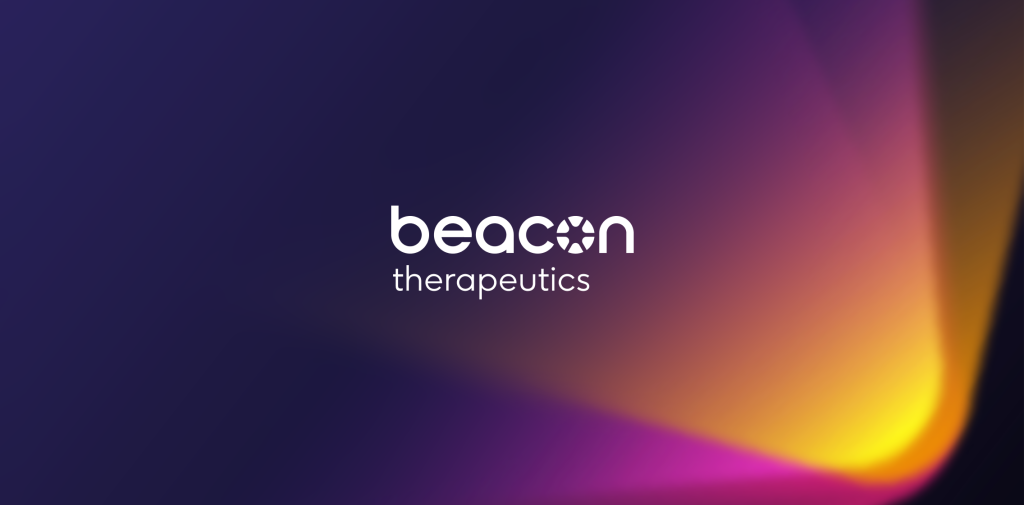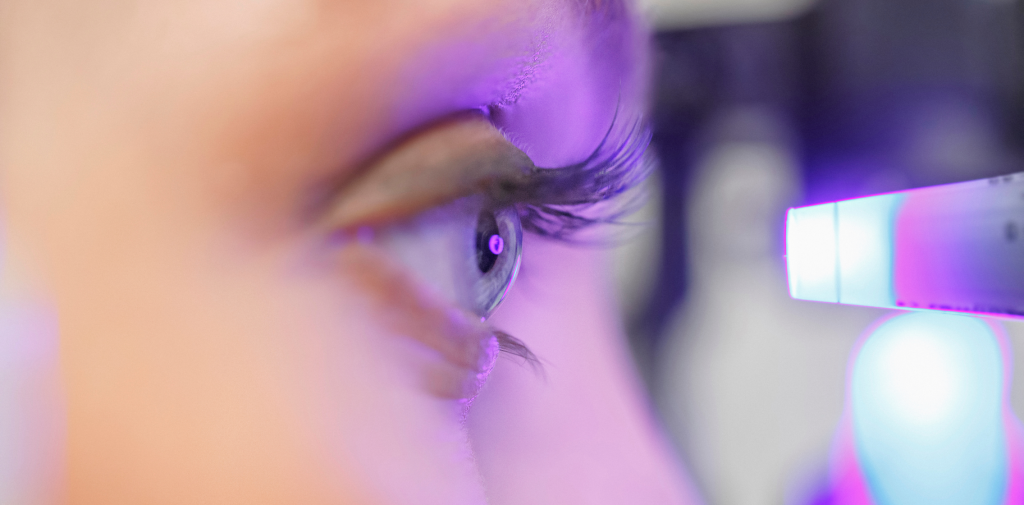Beacon Therapeutics Announces Positive 24-Month Data from Phase 2 SKYLINE Trial of laru-zova (AGTC-501) in Patients with X-Linked Retinitis Pigmentosa

- 24-month analysis indicated laru-zova (AGTC-501) was generally safe and well-tolerated, with no clinically significant safety events associated with treatment
- Data demonstrates the durable profile of laru-zova (AGTC-501), with the higher dose cohort showing a 57% response rate in the 24-month analysis of retinal sensitivity, the primary endpoint for the trial
- Benefit-risk profile supports on-going clinical development for the treatment of patients with X- Linked Retinitis Pigmentosa (XLRP) caused by retinitis pigmentosa GTPase regulator (RPGR) gene mutations
- Pivotal Phase 2/3 VISTA and open-label Phase 2 DAWN trials for laru-zova (AGTC-501) in XLRP are currently enrolling

London, UK, Cambridge, MA, 15 October 2024 – Beacon Therapeutics Holdings Limited (‘Beacon Therapeutics’ or ‘the Company’), a leading ophthalmic gene therapy company with a purpose to save and restore the vision of patients with blinding retinal diseases, today announced the presentation of 24- month interim safety and efficacy results of the Phase 2 SKYLINE trial in patients with XLRP at the American Academy of Ophthalmology’s Annual Meeting in Chicago, Illinois.
The 24-month data showed a response rate of 57% (4/7) in study eyes treated with a high dose (6.8 E+11 vg/eye) of laru-zova (AGTC-501), defined as a patient who has an improvement in retinal sensitivity as assessed by microperimetry of at least 7 decibels (dB) in at least 5 loci. Patients in the high-dose cohort also showed a robust improvement in mean retinal sensitivity. Study eyes treated with a low dose (7.5 E+10 vg/eye) of laru-zova (AGTC-501) showed a response rate of 25% (1/4). There were no clinically significant safety events associated with laru-zova (AGTC-501) treatment in this trial, and any treatment-emergent adverse events were mostly non-serious and mild to moderate in severity.
XLRP is a severe, aggressive, inherited retinal disease that often leads to blindness by middle age, with no treatment options available. XLRP primarily affects an estimated 3.4 – 4.4 per 100,000 young males with RPGR mutations in US, Europe and Australia. laru-zova (AGTC-501) expresses the full length RPGR protein and is therefore expected to address the entirety of photoreceptor damage caused by XLRP, including both rod and cone loss, making it uniquely well-suited to improve the lives of patients with XLRP as a potential treatment.
Lance Baldo, MD, Chief Executive Officer of Beacon Therapeutics, stated, “Our Phase 2 SKYLINE 24- month data reinforces laru-zova (AGTC-501)’s favorable safety profile and robust improvements in mean retinal sensitivity. We will continue to assess the long-term safety and durability of laru-zova (AGTC-501) but are encouraged by the results we’ve seen in the SKYLINE trial to date.”
Beacon Therapeutics is also enrolling its pivotal Phase 2/3 VISTA and open-label Phase 2 DAWN trials as the Company progresses toward the development of a treatment for XLRP.
Poster – Subretinal laru-zova (AGTC-501) Gene Therapy for XLRP: 24-Month Interim Results of the Phase 2 SKYLINE Trial.
Presenting Author – Robert Sisk, MD, FACS, FASRS, Associate Professor of Ophthalmology at the University of Cincinnati; Vitreoretinal Surgeon and partner at Cincinnati Eye Institute; Director of Pediatric Retinal Surgery and Director of Ophthalmic Genetics at Cincinnati Children’s Hospital.
Contact:
[email protected]
Media:
[email protected]
About Beacon Therapeutics
Beacon Therapeutics is an ophthalmic gene therapy company founded in 2023 to save and restore the vision of patients with a range of prevalent and rare retinal diseases that result in blindness.
The Company has an established scientific foundation that combines a late-stage development candidate to treat X-linked retinitis pigmentosa (XLRP), as well as two preclinical programs, one targeting dry age- related macular degeneration (AMD) and another targeting an inherited cone-rod dystrophy (CRD). Beacon Therapeutics also has access to a target generation technology platform that will identify, screen, and search secreted proteins in the ophthalmology space.
Lead development candidate laru-zova (AGTC-501), is a gene therapy program currently being investigated for the treatment of XLRP, an inherited monogenic recessive disorder that causes progressive vision loss, primarily in boys and young men. XLRP is predominantly caused by mutations in the retinitis pigmentosa GTPase regulator (RPGR) gene. laru-zova (AGTC-501) expresses the full length RPGR protein, thereby addressing the full complement of photoreceptor damage caused by XLRP, including both rod and cone loss.
Beacon is supported by funds from Syncona Limited, Forbion, Oxford Science Enterprises, TCGX, Advent Life Sciences and additional investors.



